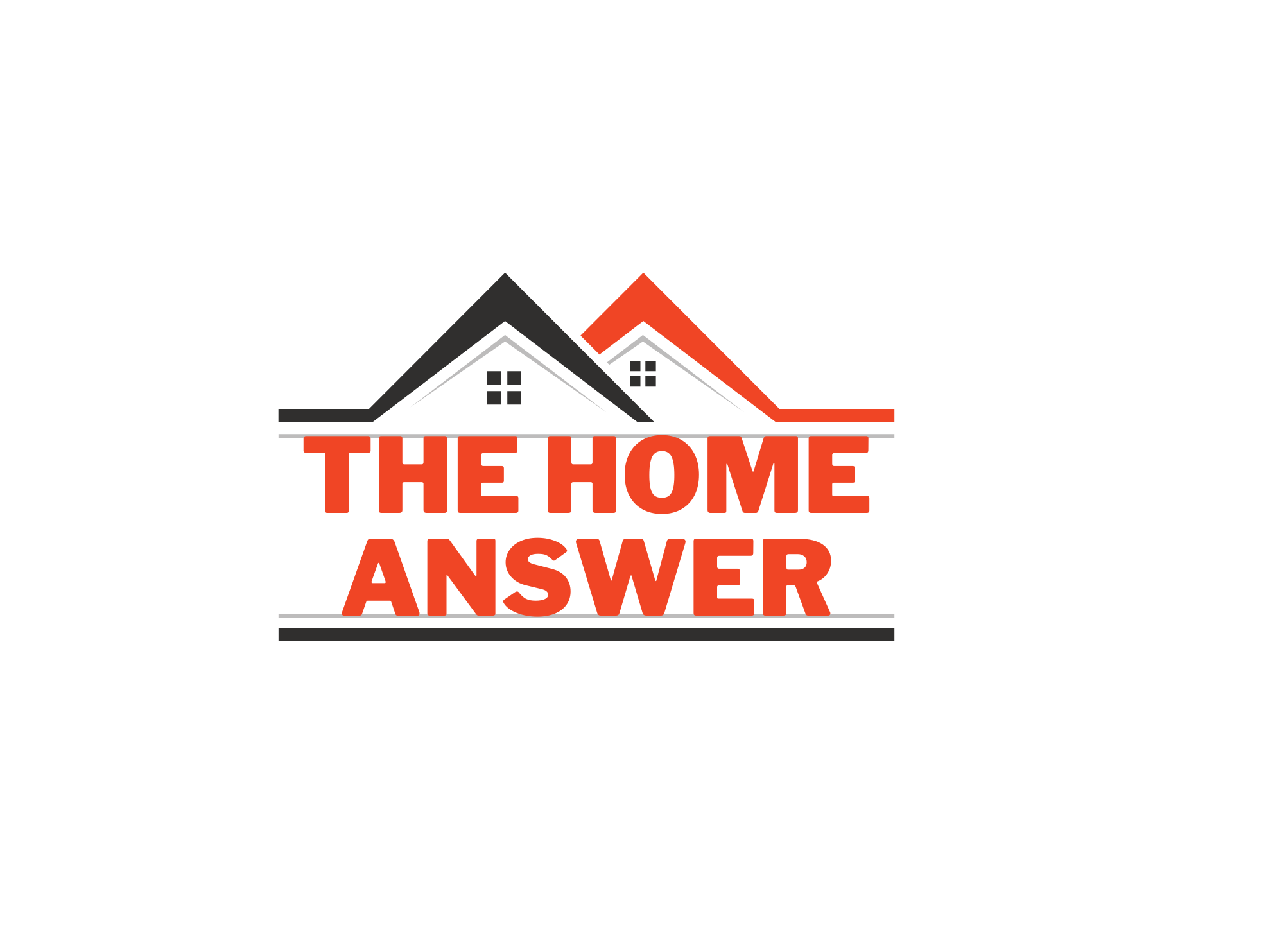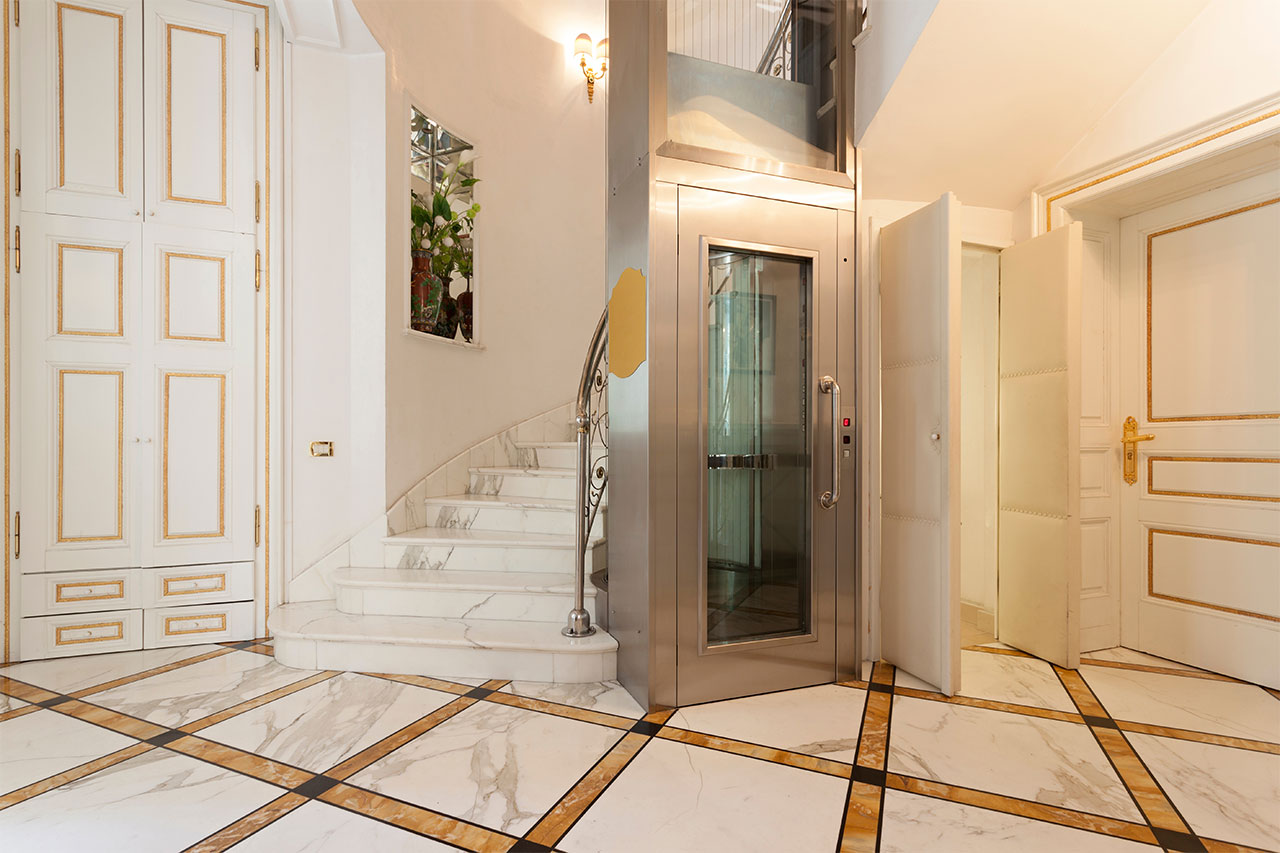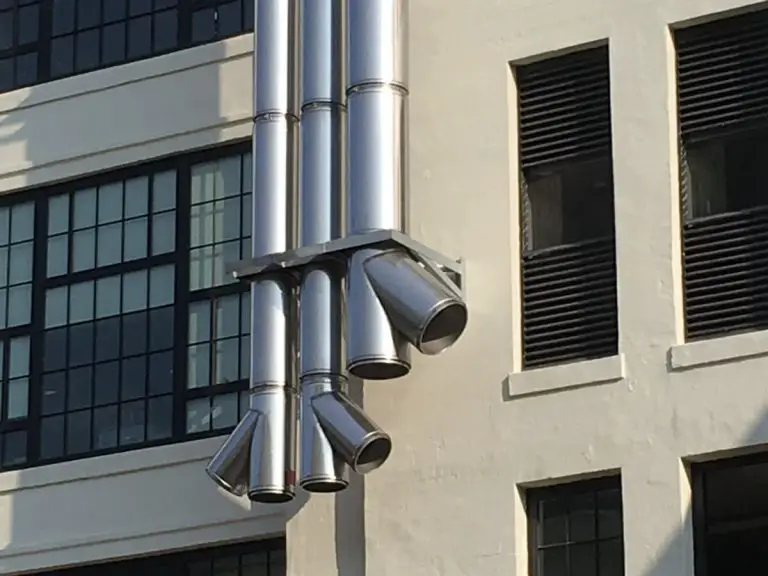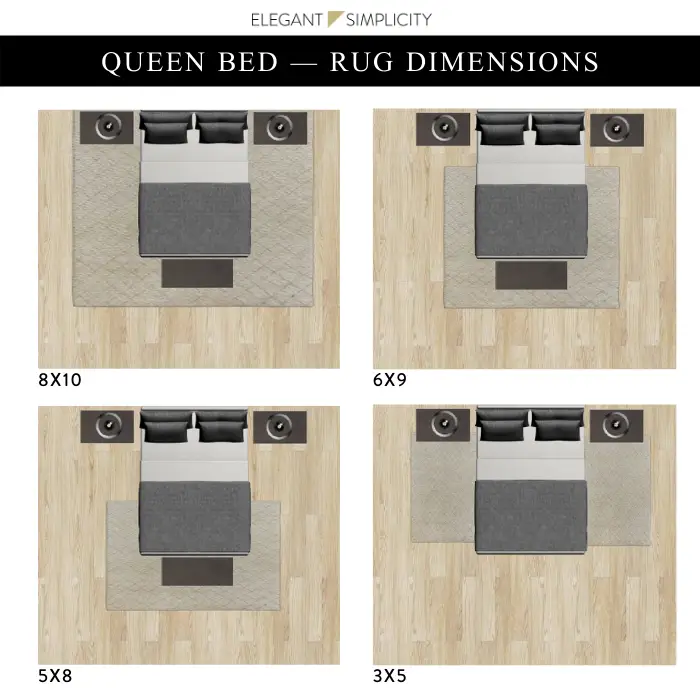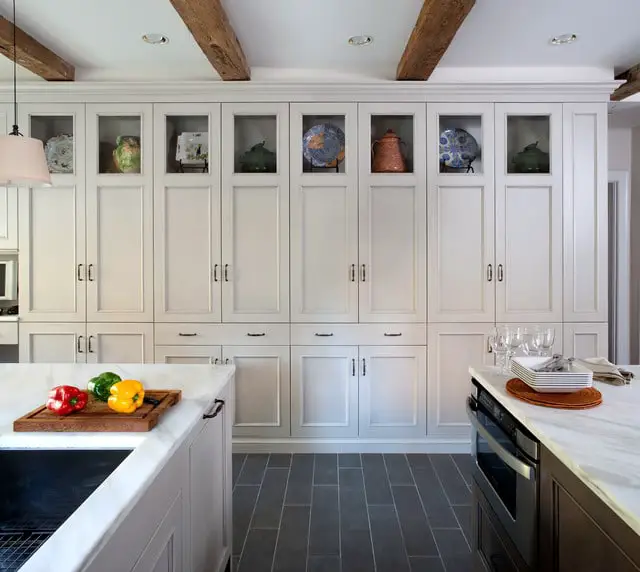THE AVERAGE COST TO INSTALL A RESIDENTIAL ELEVATOR
Installing a residential elevator can be an expensive investment. The cost to install an elevator varies depending on the type and size of the model, as well as the building and its existing infrastructure. Generally, the average cost to install a residential elevator is between $25,000 and $65,000. This price range may include installation, wiring, and all necessary components. Additional costs such as permits, insurance, and inspection fees can add up quickly. Some states may even require a licensed elevator installer to complete the job. Ultimately, the cost to install a residential elevator may vary depending on the complexity of the project.
Overview of Residential Elevator Installation
Residential elevators are a great way to add convenience and accessibility to your home. They can help you move heavy items, such as furniture and appliances, up and down floors quickly and safely. The installation process for residential elevators is relatively simple. An experienced technician will evaluate your home to determine the best location for an elevator, then construct a pit and shaft. Once the pit and shaft are complete, the technician will install the elevator’s cab and other components before connecting it to your home’s power. With professional installation, you can rest assured that your residential elevator will be safe, reliable, and efficient.
Factors Affecting Elevator Installation Costs
The cost of installing an elevator can be affected by a variety of factors. These include the size and complexity of the elevator, the type of space it is being installed in, the design, and the availability of qualified personnel to carry out the installation. The cost also includes the cost of additional components, such as doors, safety components, and other related components. Additionally, the cost of installation may be affected by the location of the installation, as well as the cost of permits, inspections, and insurance. When considering elevator installation, it is important to factor in all of these variables to get the most cost-effective solution.
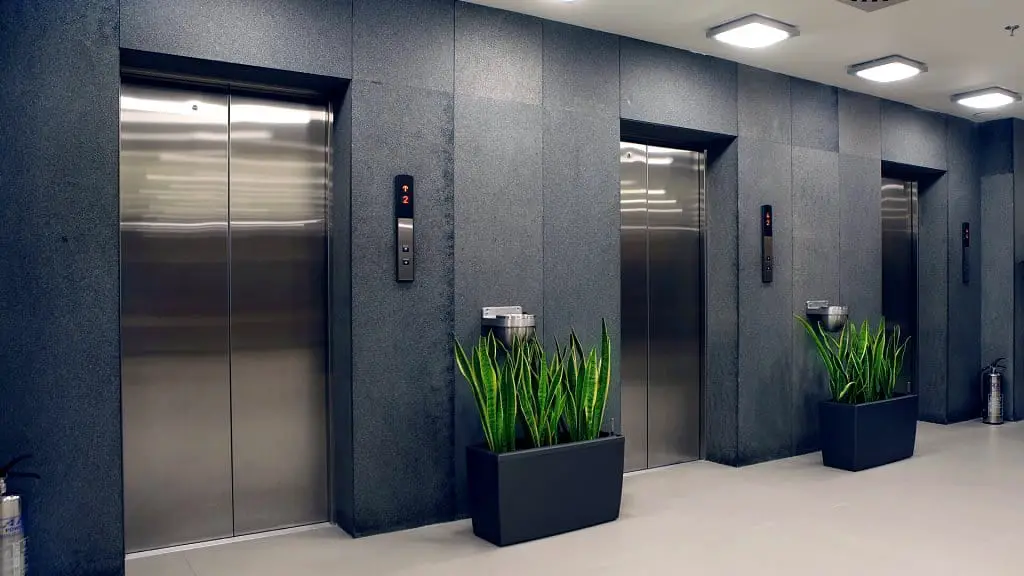
Typical Cost of Elevator Installation
The cost of installing an elevator can vary greatly depending on the size and complexity of the project. Generally, the cost of a standard elevator installation can range from $30,000 to $75,000. Additional costs such as wiring, plumbing, and ventilation can add to the cost. The type of elevator chosen will also affect the total cost. Home elevators, for example, tend to be more expensive than commercial elevators due to their more complex design requirements. The cost of installation can also be impacted by the building’s existing infrastructure, the availability of professional technicians, and the time needed to complete the project. Before committing to an elevator installation, it is important to factor in all the associated costs to ensure the project is completed within budget.
Benefits of Installing a Residential Elevator
Installing a residential elevator is a great way to increase your home’s value, accessibility, and safety. Elevators can make your home more attractive to potential buyers, and they can also help reduce the strain of climbing stairs. With a residential elevator, you can transport large items, groceries, and even visitors from floor to floor with ease. Elevators can also eliminate the risk of slips and falls that can occur when using stairs. By installing a residential elevator, you can enjoy the convenience and peace of mind that comes with moving from one floor to another without having to climb stairs.
Considerations Before Installing a Residential Elevator
Installing a residential elevator in your home is a major renovation, and should be considered carefully. There are a number of factors to consider before making the decision to install, including safety, convenience, and cost. Safety is paramount: it is essential to use a professional installer and to use the highest quality materials and technology available. In addition, convenience must be taken into account when selecting an elevator size and type. Finally, the cost of installation and maintenance must be weighed against the potential benefits. Doing research into these factors before installation can help ensure that the residential elevator meets your needs and expectations.
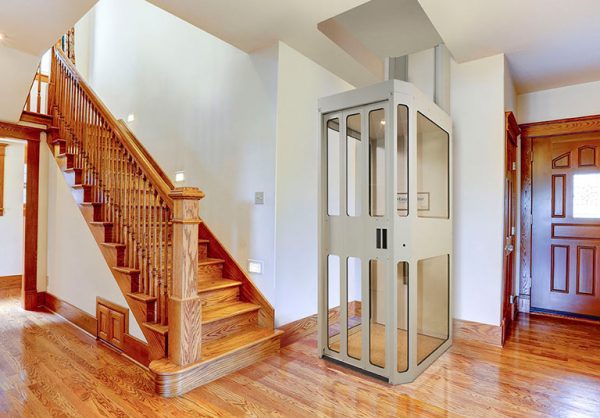
DIY Installation of a Residential Elevator
Installing a residential elevator is a great way to add convenience and accessibility to any home. DIY installation of a residential elevator can be a rewarding and cost-effective solution. With careful planning and the right materials, you can be up and running in no time. You’ll need to consider the size of your home and the weight capacity of the elevator. From there you can determine the type of elevator you need, and the necessary components. After installing the necessary wiring, frame, and railings, you’ll be ready to connect the power components and finish the installation. With the right tools, attention to detail, and a bit of patience, you can install your own residential elevator and enjoy all the convenience it brings.
Professional Installation of a Residential Elevator
A residential elevator is a great way to add convenience and value to any home. Installing an elevator in a home can increase accessibility, reduce the need to use stairs, and provide a luxurious feel to any property. Professional installation of a residential elevator can be done quickly and efficiently, with minimal disruption to the existing home. The elevator will be custom designed to fit the home’s existing layout, ensuring it is safe and meets all building codes. With professional installation, homeowners can rest assured that the elevator will be properly installed and will be serviced and maintained for years of worry-free use. A residential elevator is an excellent addition to any home and professional installation ensures a safe and efficient experience.
Maintenance and Upkeep of a Residential Elevator
Maintaining and upholding a residential elevator is a key factor in keeping your home safe and comfortable. Regular maintenance can help identify any potential issues before they become major problems. To ensure your elevator is running smoothly, you should have it inspected and serviced regularly. Check for any worn-out parts, misaligned components, and leaks. You should also test the safety features and take precautions to prevent any accidents. Additionally, check the brakes, door sensors, and lift mechanisms to make sure everything is functioning as it should. Taking the time to properly maintain your residential elevator will help ensure it runs safely and efficiently for years to come.
FAQs About THE AVERAGE COST TO INSTALL A RESIDENTIAL ELEVATOR
1. What is the average cost to install a residential elevator?
The average cost to install a residential elevator is around $20,000 to $30,000 depending on the size, style, and features.
2. Are there any additional costs to consider when installing a residential elevator?
Yes, there may be additional costs to consider when installing a residential elevator such as permits, inspections, and freight charges.
3. Are there any tax incentives available for installing a residential elevator?
Yes, there may be tax incentives available for installing a residential elevator depending on your location and the type of elevator installed.
Conclusion
The cost to install a residential elevator varies significantly depending on the type, size, and features of the elevator, as well as the complexity of the installation process. On average, the cost to install a residential elevator ranges from $20,000 to $45,000, with the higher end of the range including more complex installations and advanced features.
